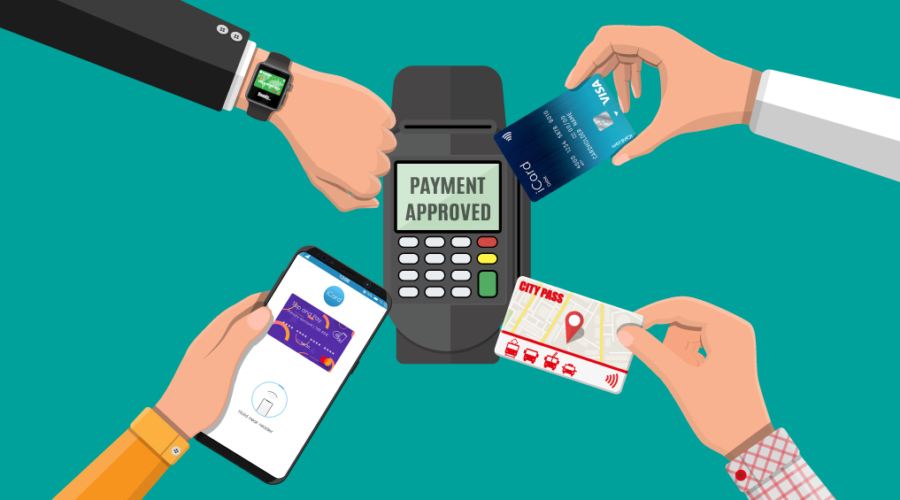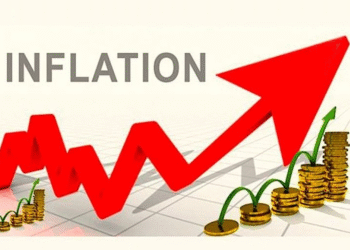
From Cash to Contactless: Nigeria’s Journey Towards a Digital Payment Economy
Nigeria’s financial system has drastically been improved by contactless payments, which allows governments to implement social programs like subsidized pricing to lessen the impact of cutting subsidies on household finances.
In Nigeria, the usual questioning of “savings or current?” when you step outside has a new contender: “Are you paying with transfer?” Digital payments have altered how we make transactions, but it wasn’t always like this. Standing in lengthy bank lines to get cash for daily expenses, impatiently awaiting payment confirmations for days, commuting kilometres to locate the closest ATM, or enduring the difficulties of money transfers are all unpleasant experiences for a great number of Nigerians.
The Rapid Shift in Nigeria’s Payment System
Digital payments are becoming more popular around the world, with most types of digital payments being accepted through websites, apps, or in-store platforms. It is no more a breaking news that digital payments have revolutionized the way money moves in the world and Moreso in Nigeria in diverse ways. It has been vital and been a key factor in growing, creating new opportunities, boosts economic growth, and encourages financial inclusion for millions of Nigerians:
Nigeria have evolved from ‘cash to contactless’ in recent years because of its speed, convenience, security, and—above all—regulatory policies. The use of digital payment methods has also been accelerated by smartphones and internet connectivity.
With consumers’ growing preference for a cashless society, we can expect dealers and consumers to integrate contactless-enabled transactions via tap-to-pay solutions and Near Field Communication technology (via smartphones, cards, or wearables) that use tokenization to establish a new standard for secure and convenient payments.
What It Means for Businesses – Impact on the economy and SMEs
The country’s economy, small and medium-sized businesses (SMEs) in Nigeria are anticipated to be greatly impacted by the adoption of contactless payments. Digital payments, especially contactless ones, can drastically cut transaction times and costs, increasing business efficiency and profitability. For SMEs, this means accessing new markets and streamlining operations. Partnerships between financial institutions are enabling solutions for more than 200,000 SMEs, promoting innovation and economic growth.
Additionally, Nigeria’s wider economic efforts, such the Broadband Alliance and the 3 million Technical Talent Program, are in line with the move to digital payments. By improving digital connection and developing a technological talent pipeline, these programs hope to support the infrastructure required for a flourishing ecosystem of digital payments. Also, the banking industry’s transition to contactless payments is a significant turning point in Nigeria’s digital transformation as the nation continues to adopt new technology.
Conclusion
Nigerian money’s future lies not only in transaction ease but also in enabling people to take advantage of unforeseen financial prospects, which benefits both customers and companies.
When done correctly, it’s a four-way win: suppliers benefit from low-cost distribution; enablers capitalize on demand for simplicity and ease; distributors improve platform engagement; and, most significantly, end-users receive complemented financial products and services in one place.
As the world shifts to a cashless future, Nigeria is also experiencing a financial revolution, and by this Nigerian money appears to have a promising and vast future.






